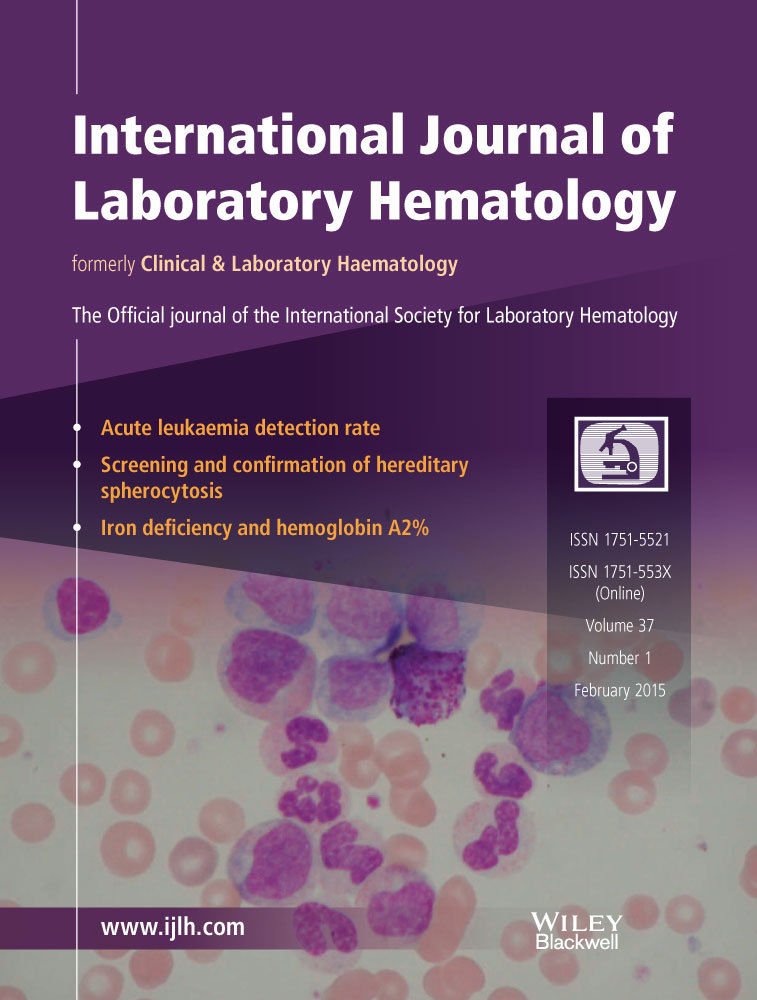Do immature platelet levels in chest pain patients presenting to the emergency department aid in the diagnosis of acute coronary syndrome?
Summary
Introduction
Early and accurate identification of acute coronary syndrome (ACS) vs. noncardiac chest pain in patients presenting to the emergency department (ED) is problematic and new diagnostic markers are needed. Previous studies reported that elevated mean platelet volume (MPV) is associated with ACS and predictive of cardiovascular risk. MPV is closely related to the immature platelet fraction (IPF), and recent studies have suggested that IPF may be a more sensitive marker of ACS than MPV. The objective of the present study was to determine whether the measurement of IPF assists in the diagnosis of ACS in patients presenting to the ED with chest pain.
Methods
In this single-center, prospective, cross-sectional study, adult patients presenting to the ED with chest pain and/or suspected ACS were considered for enrollment. Blood samples from 236 ACS-negative and 44 ACS-positive patients were analyzed in a Sysmex XE-2100 for platelet count, MPV, IPF, and the absolute count of immature platelets (IPC).
Results
Total platelet counts, MPV, IPF, and IPC were not statistically different between ACS-negative and ACS-positive patients. The IPF was 4.6 ± 2.7% and 5.0 ± 2.8% (mean ± SD, P = 0.24), and the IPC was 10.0 ± 4.6 and 11.5 ± 7.5 × 103/μL (P = 0.27) for ACS-negative and ACS-positive patients, respectively.
Conclusion
In 280 patients presenting to the ED with chest pain and/or suspected ACS, no differences in IPF, IPC or MPV were observed in ACS-negative vs. ACS-positive patients, suggesting that these parameters do not assist in the diagnosis of ACS.




